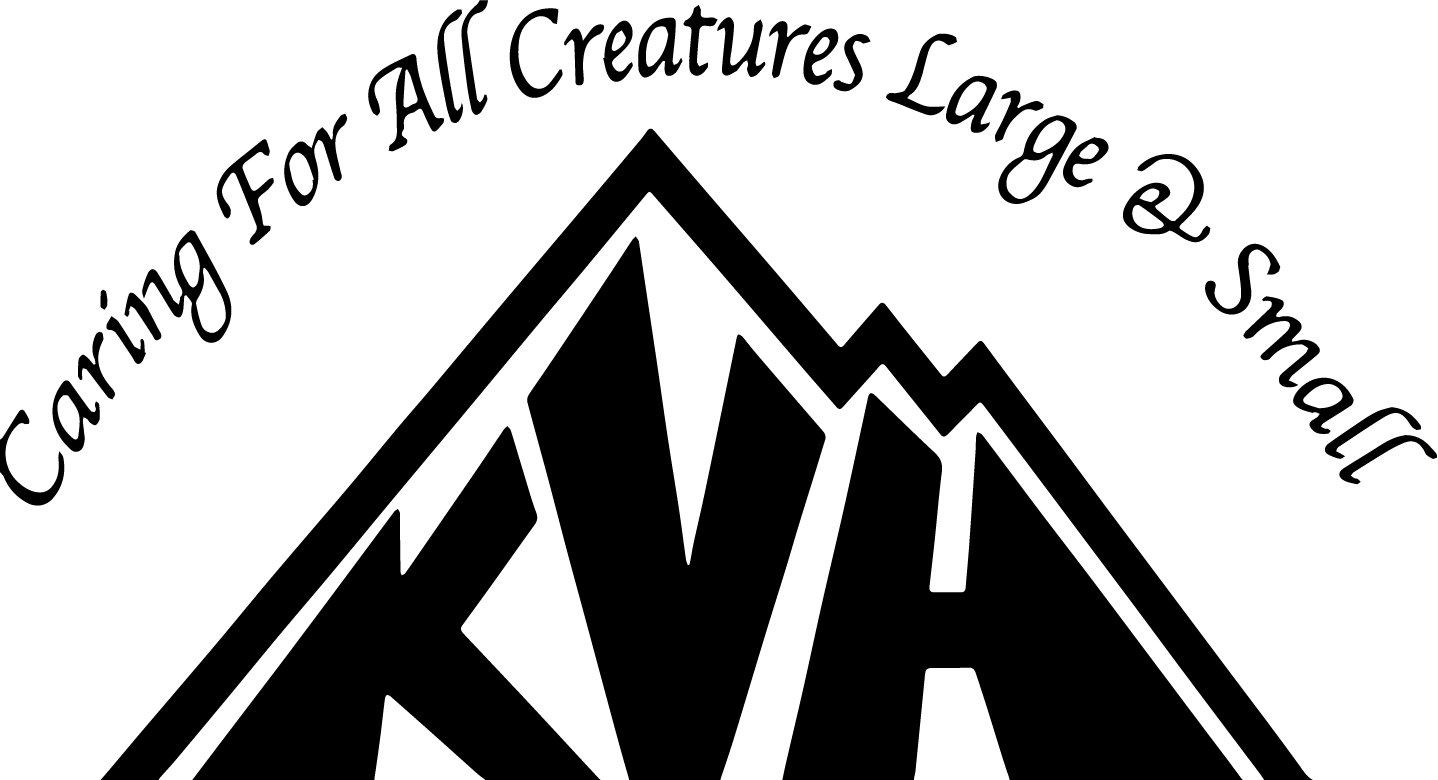By Holly Smith, DVM
“My horse just ate and is now coughing with food coming out his nose.”
This is the scenario often presented to the veterinarian on the emergency call. Choke is a scary word for many horse owners, but with proper attention, it is a fixable problem. Unlike humans, in which “choke” means something is in the air way (life-threatening) and needs the Heimlich maneuver to fix, horse choke means your horse has food stuck in the esophagus (the tube to the stomach). Although not life-threatening, it is scary to watch a horse struggle through a choke. We have all swallowed something the wrong way and it hurts as it goes down the esophagus. This is the “choke” that horses get.
So, how do you know your horse is choking (vs some other problem)? The general signs of choke include stretching the neck out and coughing, saliva/food coming out of the nose and/or the mouth, and a lack of interest in food. Many chokes resolve naturally within 45 minutes to an hour. Many owners, however, do not want to watch the horse suffer and call a veterinarian. If the veterinarian comes out to see your horse, he/she will do a general exam of the horse. The horse will then be heavily sedated and tube will be passed down the nose into the esophagus. Water is then used with gentle manipulation of the tube to try and resolve the choke. Once the tube passes easily, the veterinarian will often pull the tube completely out and repass it down the other nostril. Even with these measures, a choke can recur after the veterinarian has left if the blockage has not been completely passed. Passing the tube easily is the only way on farm see if the blockage is gone. Only an endoscopic exam of the esophagus is 100% accurate in diagnosing a completely resolved choke.
Once the choke appears resolved, after care may include non-steroidal anti-inflammatories as well as antibiotics. Aspiration pneumonia is a possible post-choke complication which is more likely in older horses but a possibility in all horses. Additionally, feed will change for a few days, depending on the severity of the choke. The veterinarian may recommend a sloppy gruel with no hay for 2-3 days, changing to soaked hay for 2-3 days.
Once a horse chokes, owners want to avoid a recurrence at a later date and often want to know what caused the choke. Some factors include the need for a dental float, fast eaters, and/or type of feed. If the horse has sharp points on the teeth, it may not want to chew and may have a tendency to swallow food whole. Additionally, if there is competition for food (especially grain), a horse may eat extremely fast to make sure and get its “fair share.” Finally, feeding whole apples or large pieces of carrot can also lead to choke.
To avoid future chokes, the veterinarian will probably recommend putting large rocks in the grain bucket to slow down eating. Soaking the grain with warm water will also help minimize the chance for choke. Also, separate horses at feeding time to avoid competition. Finally, cut up apples and treats into smaller bites to avoid problems.

